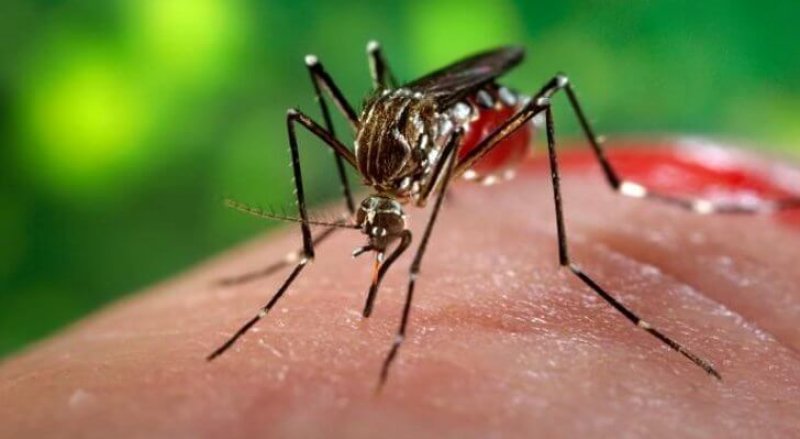The US Environmental Protection Agency (EPA) has approved the use of a common bacterium to kill wild mosquitoes that transmit viruses such as dengue, yellow fever and Zika…
[T]he agency told biotechnology start-up MosquitoMate that it could release the bacterium Wolbachia pipientis into the environment as a tool against the Asian tiger mosquito (Aedes albopictus). Lab-reared mosquitoes will deliver the bacterium to wild mosquito populations.The decision — which the EPA has not formally announced — allows the company, which is based in Lexington, Kentucky, to release the bacteria-infected mosquitoes in 20 US states and Washington DC.
“It’s a non-chemical way of dealing with mosquitoes, so from that perspective, you’d think it would have a lot of appeal,” says David O’Brochta, an entomologist at the University of Maryland in Rockville.“I’m glad to see it pushed forward, as I think it could be potentially really important.”
…
The company will have to start small. Suppressing the mosquito population of an entire city is likely to require the weekly production of millions of these mosquitoes. To reach that level, [the] company must find a way to efficiently separate male mosquitoes from females. The company’s technicians now separate them both by hand and mechanically, [said Stephen Dobson, an entomologist at the University of Kentucky in Lexington and MosquitoMate’s founder.]
The GLP aggregated and excerpted this blog/article to reflect the diversity of news, opinion, and analysis. Read full, original post: US government approves ‘killer’ mosquitoes to fight disease































